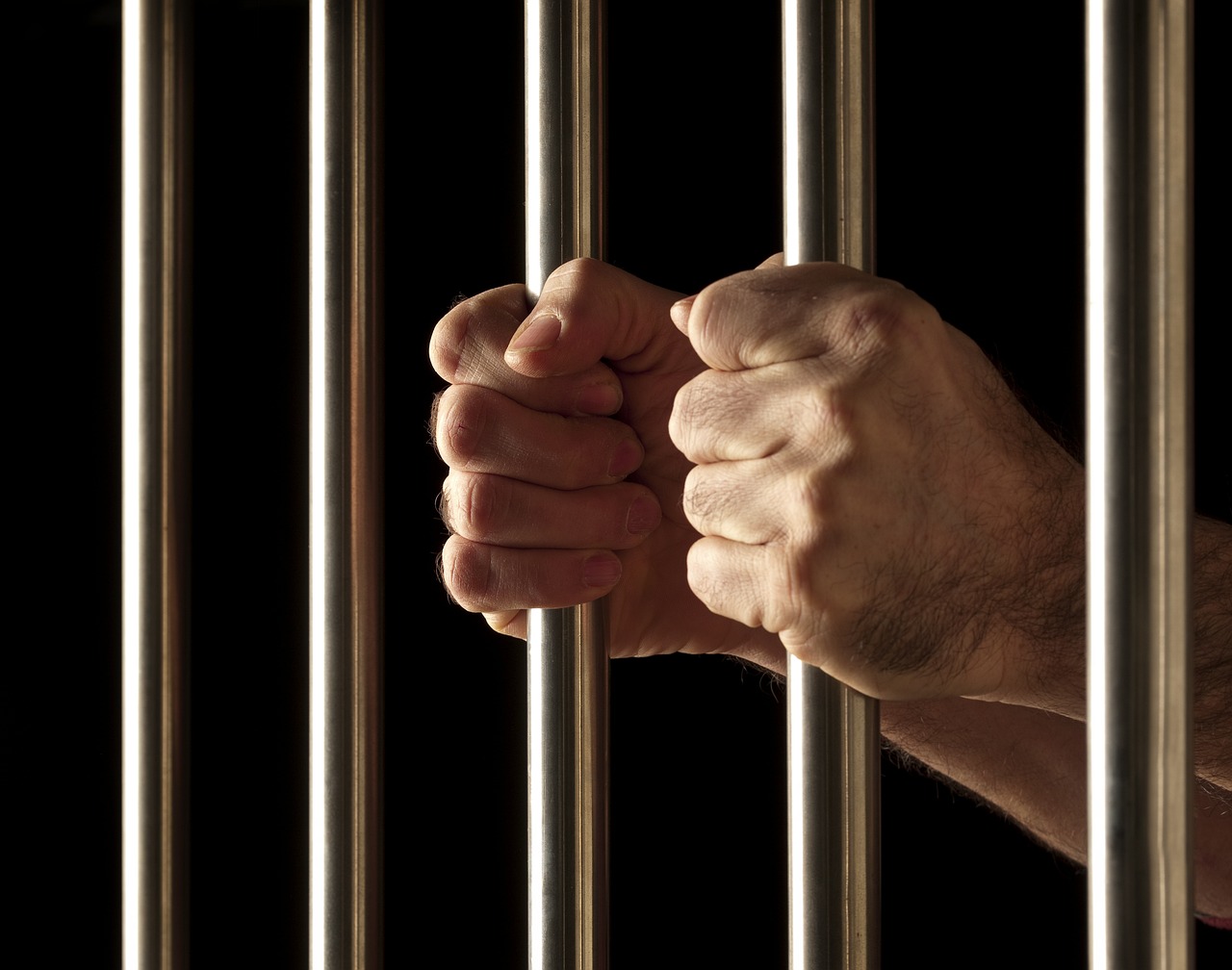When individuals find themselves entangled in the complex web of the criminal justice system, they often face an overwhelming sense of uncertainty and fear. In such challenging times, the expertise of a seasoned criminal lawyer becomes invaluable. Understanding the role of a criminal lawyer is not only crucial for those who may require their services but also for anyone interested in the functioning of the legal system. A comprehensive understanding of their responsibilities empowers individuals to make informed decisions when faced with legal issues.
Defining the Role of a Criminal Lawyer
At its core, the primary role of a criminal lawyer is to advocate for individuals accused of criminal offences. These legal professionals serve as a vital link between their clients and the judicial system, ensuring that the rights and interests of the accused are protected at every stage of the legal process.
Criminal lawyers are responsible for providing comprehensive legal counsel, from the initial stages of investigation and arrest through to courtroom proceedings and potential appeals. Their ultimate goal is to secure the best possible outcome for their clients, whether it be acquittal, reduced charges, or a favourable plea deal achieved through Case Conferencing.
Legal Consultation and Case Evaluation
The journey of a criminal lawyer’s involvement in a case often begins with the crucial initial consultation. This initial meeting serves as the foundation upon which the entire legal strategy will be built.
During the initial consultation, clients have the opportunity to discuss their legal situation with a seasoned criminal lawyer. After the initial consultation, criminal lawyers employ their expertise to assess the strengths and weaknesses of the case. This evaluation is a meticulous process that involves scrutinising all available evidence, including police reports, witness statements, and any physical evidence.
Strengths and weaknesses are identified by examining factors such as the credibility of witnesses, the legality of evidence collection, and potential legal defences.
Legal Research and Case Building
Gathering Evidence
The process begins with a comprehensive review of all available evidence provided by law enforcement and the prosecution. Lawyers carefully scrutinise this material to identify inconsistencies, inaccuracies, or violations of the client’s rights.
Thorough legal research
Thorough legal research is the backbone of a strong defence strategy. This research helps lawyers understand the legal framework in which the case will be argued and identify potential legal arguments and defence.
Negotiating with Prosecutors
In the realm of criminal law, negotiations with prosecutors often revolve around the possibility of reaching a plea deal. A plea deal, which is achieved through Case Conferencing, is a negotiated agreement between the defendant and the prosecution. The defendant agrees to plead guilty to a lesser charge or accept a more lenient sentence in exchange for certain concessions, such as a reduced sentence or the dismissal of other charges.
Criminal lawyers explore the potential for plea deals as a strategic option for their clients. This approach can be beneficial for several reasons:
- Reduced Penalties: By negotiating a plea deal, defendants may receive a lighter sentence than they would face if convicted at trial, potentially avoiding the harsh consequences of a full conviction.
- Predictability: Plea deals provide a degree of certainty. Defendants know the outcome in advance, allowing them to make informed decisions about their case.
- Efficiency: Resolving a case through a plea deal can save time and resources for both the defendant and the court system, as it avoids the need for a lengthy trial.
Court Representation
Role of a criminal lawyer in court.
The role of a criminal lawyer in court is multifaceted and pivotal in the pursuit of justice. When a case reaches the courtroom, criminal lawyers take on several key responsibilities:
- Legal Advocacy: Criminal lawyers advocate vigorously on behalf of their clients. They present evidence, cross-examine witnesses, and make legal arguments to support their client’s case.
- Protection of Rights: Lawyers ensure that their clients’ constitutional rights are upheld throughout the proceedings. This includes protecting against unlawful searches and seizures, ensuring the right to remain silent, and safeguarding the right to a fair trial.
- Strategic Decision-Making: Lawyers make critical decisions during trial, such as whether to call witnesses, introduce evidence, or pursue specific legal defences. These decisions are guided by their deep legal knowledge and experience.
- Case Presentation: Lawyers present a compelling narrative of their client’s case, emphasising key facts and arguments that support their client’s innocence or reasonable doubt.
- Negotiation: In some cases, negotiations with the prosecution may continue during the trial. Lawyers may explore opportunities for a favourable resolution even after proceedings have begun.
Defence Strategies
Defence strategies are used by criminal lawyers.
Criminal lawyers employ a range of defence strategies to protect their clients’ rights and achieve favourable outcomes. These strategies are adapted to the unique circumstances of each case and may include:
- Alibi: Demonstrating that the accused was elsewhere at the time of the alleged crime and could not have committed it.
- Mistaken Identity: Arguing that the prosecution has mistaken the defendant for the actual perpetrator due to factors like poor eyewitness testimony.
- Lack of Evidence: Challenging the prosecution’s case by highlighting gaps or inconsistencies in the evidence.
- Legal Defences: Utilising legal principles to argue that the actions of the accused, even if true, do not constitute a crime. For example, self-defence or insanity.
- Exclusion of Evidence: Seeking to exclude certain evidence on the grounds that it was obtained illegally or in violation of the defendant’s rights.
- Credibility Attacks: Attacking the credibility of prosecution witnesses through cross-examination or introducing contradictory evidence.
- Plea Deals: Negotiating plea deals for reduced charges or sentencing in cases where conviction appears likely.
- Character Witness Testimony: Presenting character witnesses who vouch for the defendant’s good character and credibility.
- Expert Witnesses: Calling upon expert witnesses to provide specialised knowledge or analysis that can support the defence’s position.
Post-Conviction Support
Role of criminal lawyers after a conviction.
The role of a criminal lawyer doesn’t conclude with a conviction. In fact, it takes on new dimensions as they continue to support their clients through post-conviction proceedings. After a conviction, criminal lawyers play crucial roles in:
- Appeals: Lawyers explore options for appealing convictions based on legal errors or new evidence that may have surfaced.
- Sentence Reduction: Lawyers can advocate for reduced sentences, alternative sentencing options, or parole to minimise the impact of a conviction on their client’s life.
- Post-Conviction Remedies: Lawyers may pursue post-conviction remedies such as habeas corpus petitions or applications for a new trial.
- Rehabilitation and Reintegration: Lawyers can assist clients in accessing resources for rehabilitation and reintegration into society, helping them navigate the path to a better future.
Unwavering Advocates
Choosing the right legal representation is a decision of profound significance. It can make the difference between liberty and incarceration, justice and injustice. The right criminal lawyer possesses the expertise, dedication, and commitment to safeguarding your rights and achieving the best possible outcome.
If you require expert criminal defence and guidance, don’t hesitate to contact Strategic Lawyers. Their dedicated team of criminal lawyers is here to protect your rights and advocate for your best interests.
At Strategic Lawyers, their commitment to expert criminal defence goes beyond words; it is a core principle that guides their every action. With their extensive experience and unwavering dedication to clients, they are ready to stand by your side and provide the exceptional legal representation you deserve. Your rights, your future, and your freedom matter, and Strategic Lawyers are here to protect them.
To learn more about how Strategic Lawyers can assist you in your time of need, please visit their website: Strategic Lawyers.






